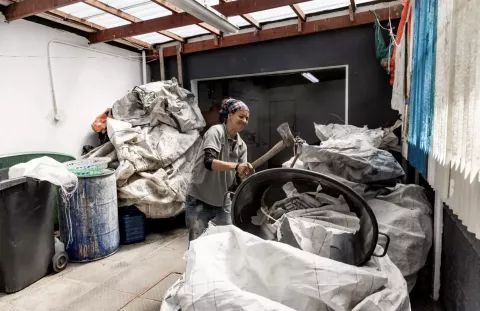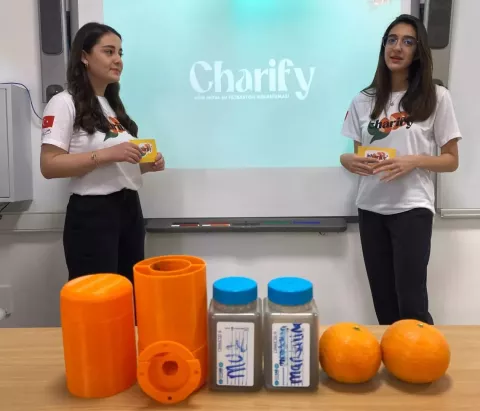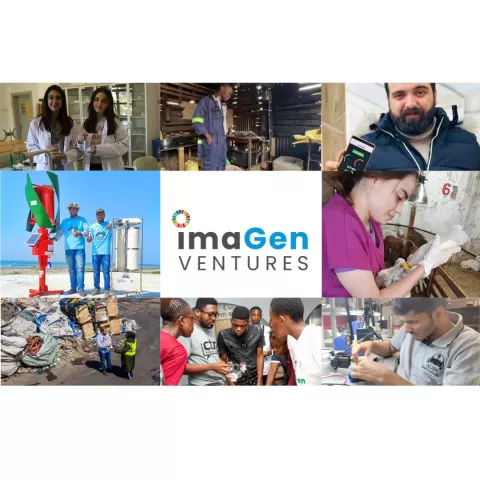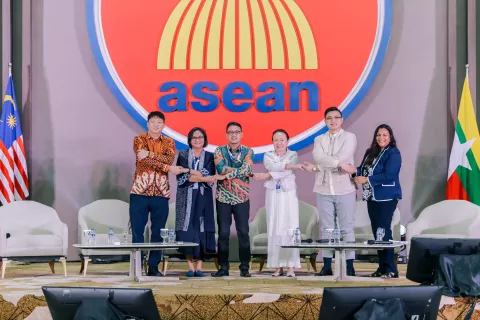STEM unlocking the potential of rural South African girls in aviation and space technology
Girls Fly Programme in Africa to help female students soar over gender gaps in STEM fields
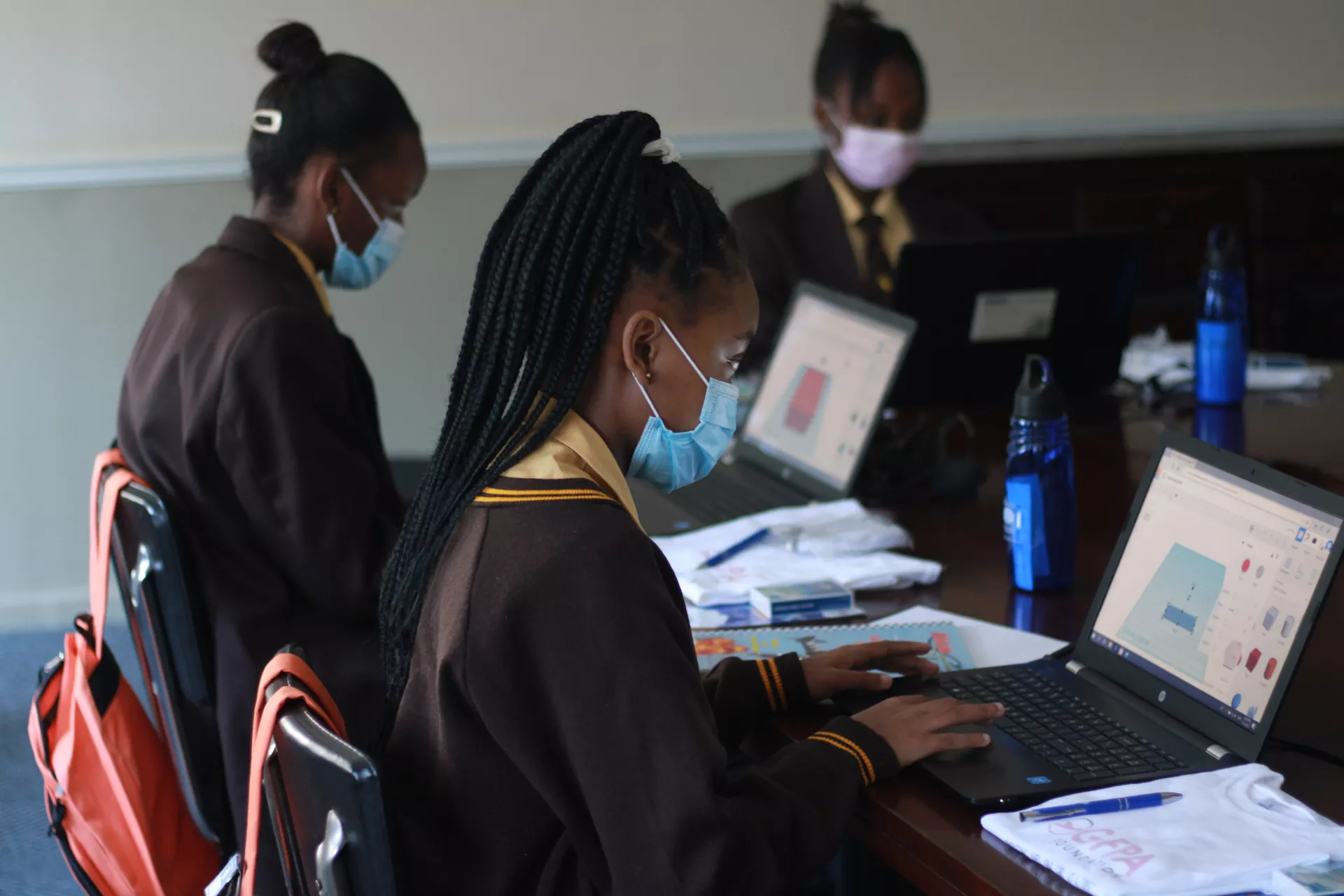
Girls in South Africa still lag behind boys on quality of performance in science, technology, engineering and mathematics (STEM) subjects, despite making gains in access to education. More girls than boys took the Grade 12 examinations in maths and physical science in 2021, but boys outperformed girls in both subjects – reinforcing a long-term education trend.
The gender gap in STEM fields widens in post-school education and training, with less than one third of females (28.5 per cent) graduating to STEM-related careers.
Female participation in the labour market in STEM fields also trails behind that of men: only 7 per cent of all engineers in South Africa today are women, for example. In turn, this gender gap directly exacerbates the triple challenges of poverty, inequality and unemployment. Reducing the gender pay and employment gaps by just 10 per cent could boost economic growth by 3.2 per cent, cut unemployment by 6.5 per cent, and reduce poverty in low-income households by an estimated 2.9 per cent.
There is also a huge opportunity existing in South Africa as GenU partner Harambee, a social enterprise skilling and connecting young people to employment, points out; there are currently over 100,000 vacant digital technology jobs in the country due to a lack of skilled labour. These jobs are therefore being outsources outside the country and by skilling young people, particularly young women, their likelihood of gaining employment in this sector is significant and the country gets to boost its own economy by doing so.
The solution: Getting girls into aviation science and technology
To empower girls, GenU, led by UNICEF South Africa, is partnering with the Girls Fly Programme in Africa (GFPA) to unlock the opportunities that the aviation and space industry offers to disadvantaged girls in the rural areas of South Africa.
Taking a three-phase approach, the innovative programme creates a talent pipeline to ensure that no girl is left behind. Programme activities are tailored to developing learner aspirations in science, technology, engineering, arts and mathematics (STEAM) fields. In Phase 1, GFPA aims to transform individuals and communities through awareness, the shaping of mindset, and education. Girls are introduced to STEAM industries and available opportunities. This phase is then followed by phase 2 where girls are supported with mentoring, job shadowing and skills development opportunities, while honing an innovative and entrepreneurial mindset to help propel them into careers in STEAM fields such as robotics, coding and 3D modelling, aviation, drones and space technology. In the final phase, GFPA participants learn to apply this new technology to various fields (e.g., agriculture, mining, health). During the entrepreneurship phase, they use models of human-centric design thinking to identify challenges in their communities and create sustainable solutions to address these.
The programme reached over 110 learners who participated in aviation and space camps, 350 learners who receiving trainings on data analytic and 3D modelling in the drone industry, and 830 participants benefiting from a robotics and coding programme that focuses on the aviation and space industry. Over 70 girls also participated in a job shadowing and skills development programme with aviation and space organisations to qualify as air traffic controllers, aircraft maintenance engineers, cadet pilots.
On completing the programme, each girl also receives an accredited licence to operate drones as a pilot, a licence to fix drones, and ratings to teach and fly beyond the visual line of sight. Together, these efforts have helped equip girls to become tomorrow’s leaders, ready to meet new challenges. GFPA participants are inspired to take action, transform their communities, and change the world.

